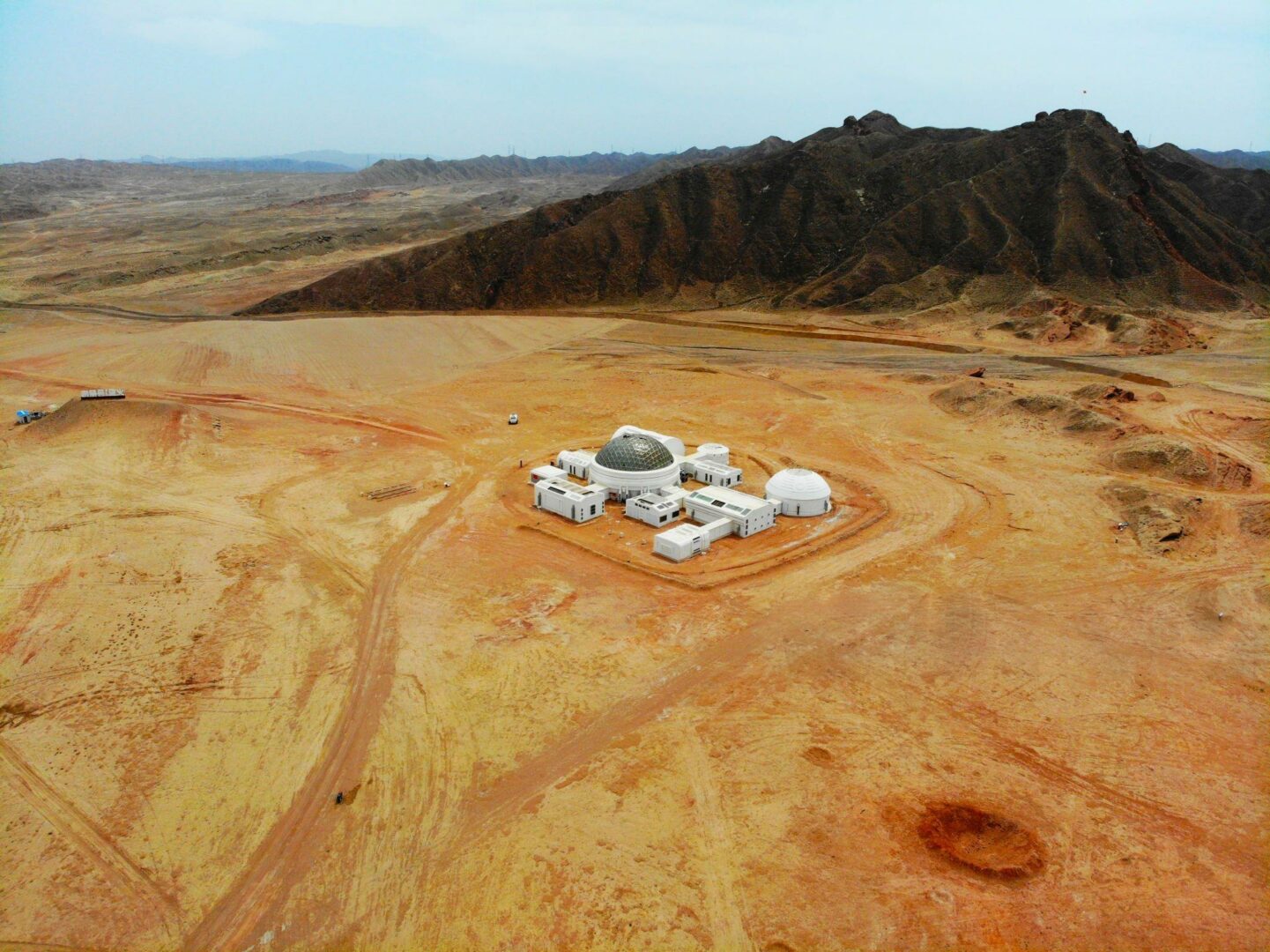China Outlines Bold Plan for Robotic Mars Base by 2038
China has unveiled an ambitious roadmap for interplanetary exploration, aiming to establish a robotic Mars base by 2038. Managed by the China National Space Administration (CNSA), the project is part of a broader plan to explore the Solar System through 2050.

Building Foundations for Martian Exploration
The roadmap’s first major milestone is the Tianwen-3 Mars sample return mission. Already approved, it is scheduled for launch in late 2028, with samples expected to return to Earth by 2031. This mission will lay the technological foundation necessary for future Mars exploration efforts.
China’s 2038 goal is to build a robotic Mars Research Station. The base will focus on in-situ resource utilisation (ISRU) and support long-term environmental and biological studies. By gathering essential data, the station will prepare the groundwork for eventual human missions to the Red Planet.
Mars Base 1 Camp: A Training Ground on Earth
China has already taken preparatory steps towards this goal. In 2019, it opened the ‘Mars Base 1 Camp’ in Jinchang, Gansu Province. This Mars simulation base allows researchers to test technologies and develop strategies in a controlled environment similar to Martian conditions.
The lessons learned at Mars Base 1 are expected to contribute significantly to future Mars missions, including the design and operations of the 2038 robotic research station.
Future Plans Beyond Mars
China’s strategy mirrors its approach to the International Lunar Research Station (ILRS), which it aims to make permanently habitable after 2035. The initial robotic infrastructures on Mars will similarly be designed to support eventual human habitation.
Through its methodical, phased approach, China is positioning itself as a major force in space exploration, focusing on sustainable and long-term planetary research.


